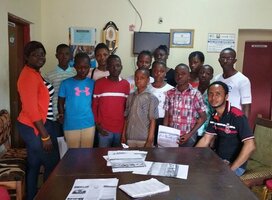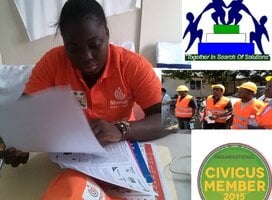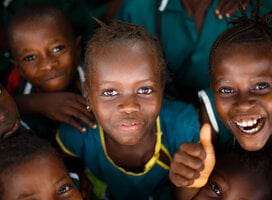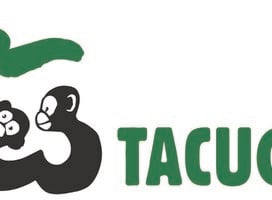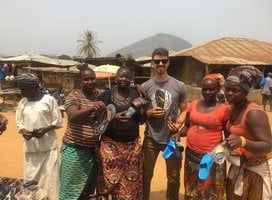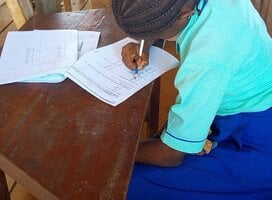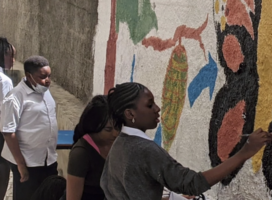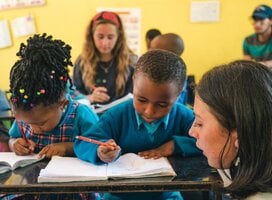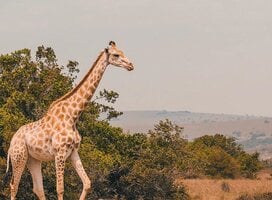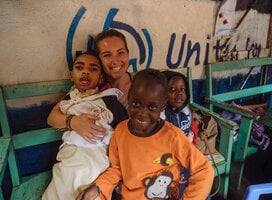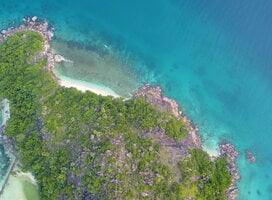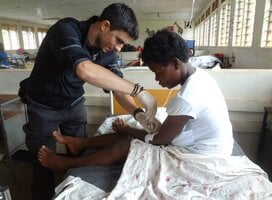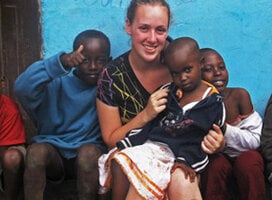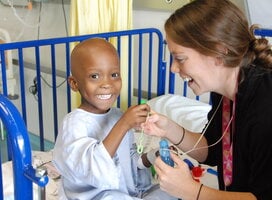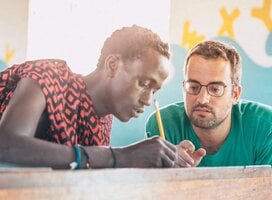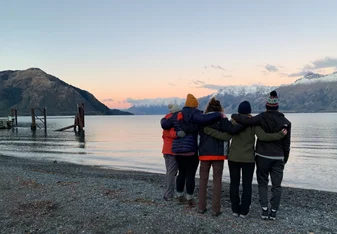Volunteer in Sierra Leone
Sierra Leone is a country in West Africa along the coast of the Atlantic Ocean. This incredibly diverse country is home to around 16 different ethnic groups, all with their own language and traditions.
Sierra Leone is covered in rainforests, rivers, lakes, mountains, and gorgeous pristine beaches. Volunteers are widely welcomed and needed here. Volunteers can help out in schools, and medical facilities or work to restore local communities.
Volunteers can choose between many different types of volunteer work or choose to help out in multiple areas. Some of these include:
Community Development
Some parts of Sierra Leone are stricken by poverty. Volunteers may be able to help rebuild certain communities and help reduce the effects of poverty. Teaching English at local schools is a great way to help out the local community, as well as building houses for local families and providing them with any necessary supplies.
Social Work
Volunteers can work in poverty-stricken villages where children are most vulnerable and in need of education. Volunteers can bring in food and supplies, teach children, and even play games and arts and crafts with them.
Volunteers can also work alongside community members to develop their life skills in areas such as language and education.
Healthcare
Sierra Leone's healthcare system is often not up to Western standards. Malaria is the leading cause of death in the country. Volunteers can aid those who are already infected and teach communities about various prevention methods.
Volunteers may also help spread knowledge about the prevention of HIV/AIDS. If certified, they may also be able to help the medical professionals on-site.
Environmental Conservation
Volunteers with an interest in restoring or conserving Sierra Leone's natural beauty can take part in environmental conservation projects. This can include anything from taking part in deforestation initiatives to helping communities manage or repair water systems.
Freetown
Freetown is the capital and largest city in Sierra Leone. Many volunteers begin their journey here, then go to smaller, local villages further into the country. This city is along the Atlantic Ocean and is surrounded by mountains. Volunteers may work at local orphanages, medical care facilities, or schools in the capital, or do local environmental work on the outskirts of the city.
Makeni
Makeni is another popular city and is the largest economic center in the North. It’s home to the largest private university in Sierra Leone, the University of Makeni. Volunteers may teach English in Makeni or volunteer in local medical facilities aiding those infected with malaria, HIV/AIDS, and any other disease.
Visa
Volunteers will have to apply for a visa a few months prior to arriving in Sierra Leone. The cost of the visa is $220 and is valid for up to 30 days. Volunteers are able to apply for extensions when they are already in Sierra Leone. Learn more by visiting the Visit Sierra Leone website.
Cost of living
Sierra Leone can be expensive to live and travel in. Meals in restaurants can cost upwards of $13 USD, while monthly accommodation can cost between $900 and $1,500 USD a month in cities. Volunteering in Sierra Leone may lessen these expenses, especially if the program provides housing and all or some meals.
Housing
Some volunteer programs may provide housing and meals for their volunteers, which may be especially important when volunteering in a costlier country like Sierra Leone. If the program does not provide housing, volunteers may be able to do a homestay or live in an apartment.
Meals may not be included as part of the project package. Sometimes, one or two meals a day are included during volunteer hours; however, volunteers may have to purchase their own meals after volunteer hours.
